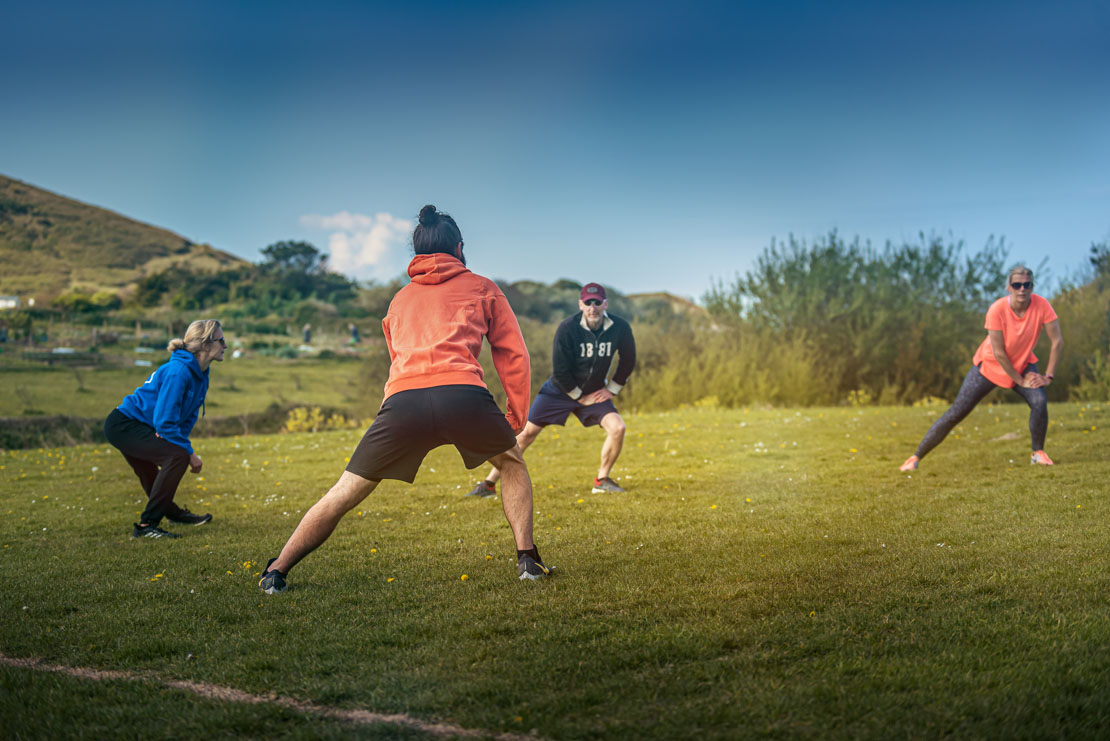Methodology
These scenario resources have been brought together to stimulate debate about the future of healthcare in the South West. Workforce groups can use these scenario resources in a number of ways and we have created a toolkit to help with this.
The scenarios are not predictions - there will be things in them you like, strongly dislike, think could never happen, or think are already happening. However you feel about the four future contexts for health care, it is important to note that they are all plausible and have been written on the back of a robust and rigorous twelve-month exploratory scenario planning process.
The Process
- Phase one (pre covid-19) Desk based literature reviews of different models of current and potential future health care models, wider societal trends in the South West along with a scan of key social, technological, environmental, economic, political, and ethical/ moral drivers of change.
- Phase two (pre covid-19) A desk-based review of Health Education England key strategic reports, workforce planning profiles and projections.
- Phase three (pre covid-19) A series of interviews with sector leaders, clinicians, managers, third sector and patient advocates asking seven future-focused questions.
- Phase four (during covid-19) Two driver workshops with over 50 participants from across the South West exploring what participants regarded as the “critical uncertainties” with regards to the future of health care, as well as the relationships between each driver of change and their potential impacts. Our project identified a number of drivers of change as well as some of the potential impacts of those drivers.
- Phase five (during covid-19) Development of scenario frame model, based on a single component analysis approach. The Project Steering Group chose the scenario frames to be developed. Exploring the relationships between these drivers (which are explored in more detail in each of the scenarios) helped us realise that the nature of integration between health and social care and rising inequalities through the increased use of technology in health care were the most important drivers of change. These were also seen as the most uncertain drivers in terms of the potential impacts they might have on the health care system in the South West. This helped shape our emerging scenario model as can be seen in the diagram below
- Phase six (during covid-19) A second desk-based scan including publicly available reports about the impacts of Covid-19 and Brexit along with other national scenario planning work such as that of the RSA, in addition to Health Education England’s national Strategy Team and scenario work on The Future Doctor report.
- Phase seven (during covid-19) Scenario “roll out”. Using the research evidence collected, four scenario narratives were developed using critical and creative writing and based on the data collected in the data workbook.
- Phase eight (during covid-19) The Steering Group undertook four standard scenario planning tests looking for (i) internal consistency (ii) external consistency (iii) surprise and (iv) Gestalt -overall plausibility. That test also involved participants of earlier driver workshops.
- Phase nine (during covid-19) Development of tools to support the workforce to use these resources.
- Phase ten (during covid-19) Design and publication of a website.
Definitions
- Term
- description
- Trend
- A series of events
- Driver
- The underlying force that changes the long-term direction of trends
- Scenario
- a story about how the future might evolve
Acknowledgements
We would like to acknowledge the following people who have been involved in this work.
The project steering group
- Marc Lyall: Workforce Transformation System Relationship Manager HEE SW
- Anne Horsburgh: Workforce Transformation Lead HEE SW
- Sophie-Elizabeth Atkins: Gloucestershire ICS
- Clare Hines: Gloucestershire ICS
- Simon Fuller: Head of Workforce Planning and Intelligence HEE SW
- Richard Turnbull: HEE National Strategy Lead
- Alex Websdale: Workforce Transformation Project Support Officer HEE SW
Additionally
- HEE national strategy team for their horizon scanning data
- The Staff College, for their expertise in scenario planning in social and health care
- RSA - future of work scenarios
